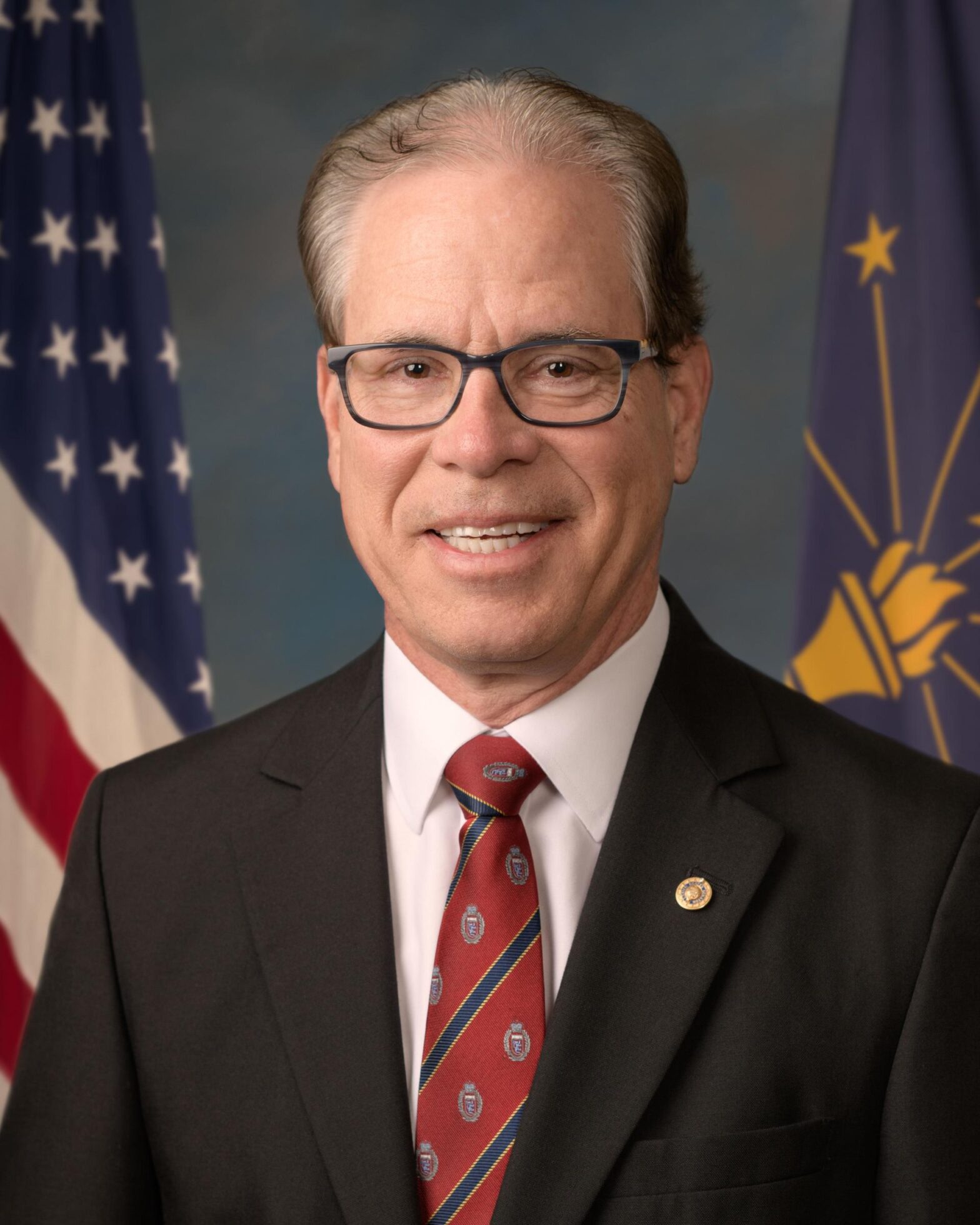
Our biography tab offers personal information about candidates drawn from their campaign
websites, social pages and staff research as well as information submitted directly to The Indiana
Citizen.
| Personal | |
|---|---|
| Full Name : | Michael Braun |
| Gender : | Male |
| Family : | Wife: Maureen; 4 Children: Jason, Jeff, Ashley, Kristen |
| Home City : | Jasper |
| Religion : | Catholic |
| Education | |
| MBA, Business, Harvard Business School, 1978 | |
| BA, Economics, Wabash College, 1976 | |
| Professional Experience | |
| Founder and Chief Executive Officer, Meyer Distributing and Meyer Logistics, 1981-present | |
| Co-Founder, Crystal Farms, Incorporated, 1979 | |
| Political Experience | |
| Candidate, Governor, State of Indiana, 2024 | |
| Senator, United States Senate, 2019-present | |
| Candidate, United States Senate, Indiana, 2018 | |
| Representative, Indiana House of Representatives, District 63, 2014-2017 | |
| Current Legislative Committees | |
| Committee on Agriculture, Nutrition, and Forestry | |
| Committee on Health, Education, Labor and Pensions | |
| Committee on the Budget | |
| Special Committee on Aging | |
| Subcommittee on Employment and Workplace Safety | |
| Subcommittee on Food and Nutrition, Specialty Crops, Organics, and Research | |
| Subcommittee on Primary Health and Retirement Security | |
| Subcommittee on Rural Development and Energy | |
| Org Membership | |
| Member, Quail and Upland Game Alliance, present | |
| Board Member, Greater Jasper Consolidated School Board, 2004-2014 | |
| Member, Quail Unlimited | |
| Member, I-67 Development Corporation | |
| Member, Saint Joseph Catholic Church | |
| Member, Indiana Woodland Owners Association | |
| Member, Nature Conservancy | |